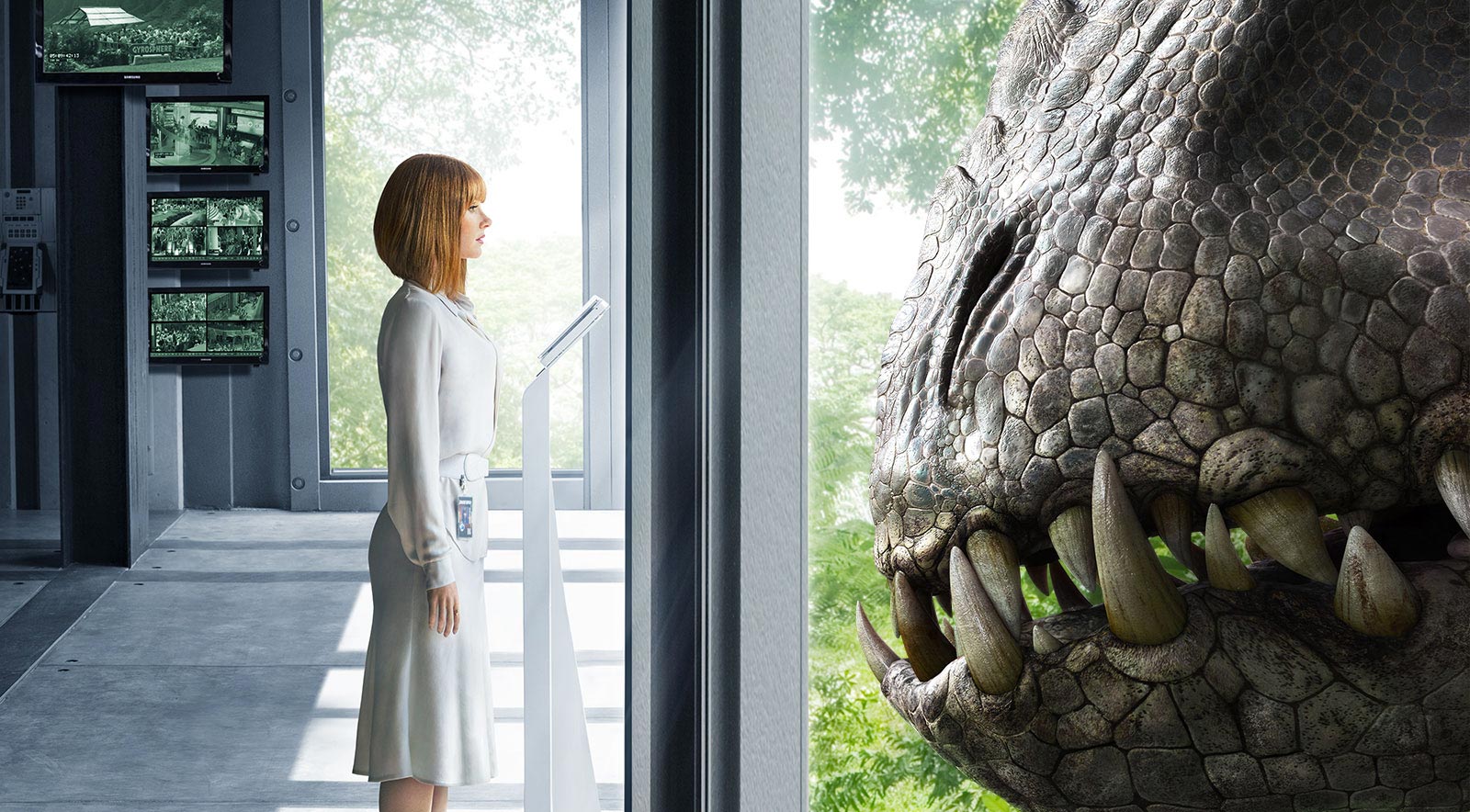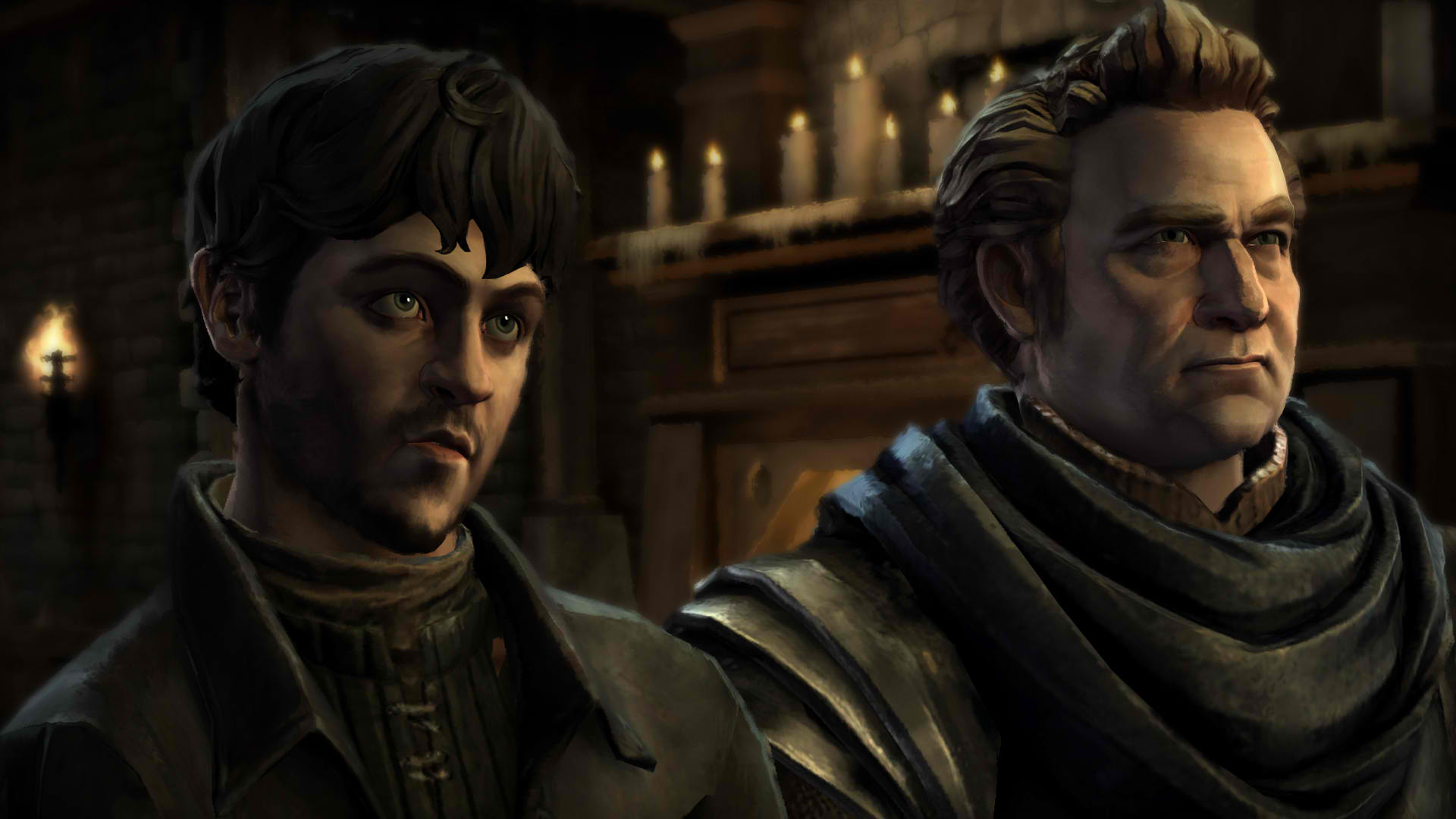 Walking out of the theater where I had just watched Jurassic World, I tried to figure out what, exactly, the movie wanted to be. In its marketing, everybody involved tried to stress that this was the true sequel to Jurassic Park, the first to fully capture the spirit of that initial film. This claim did not gel with the movie I saw, which seemed to have little to no understanding of what made that first film truly special.
Walking out of the theater where I had just watched Jurassic World, I tried to figure out what, exactly, the movie wanted to be. In its marketing, everybody involved tried to stress that this was the true sequel to Jurassic Park, the first to fully capture the spirit of that initial film. This claim did not gel with the movie I saw, which seemed to have little to no understanding of what made that first film truly special.
First of all, the sense of wonder instilled in the original Jurassic Park is completely gone here. Dinosaurs often litter the landscape, or show up as holograms in visitor information centers, but the camera seems wholly unimpressed with them. This admittedly mirrors the feelings of many of the characters in the world, who have known dinosaurs to exist for over twenty years now, but it is jarring in a film so hellbent on recreating the splendor of the initial film.


